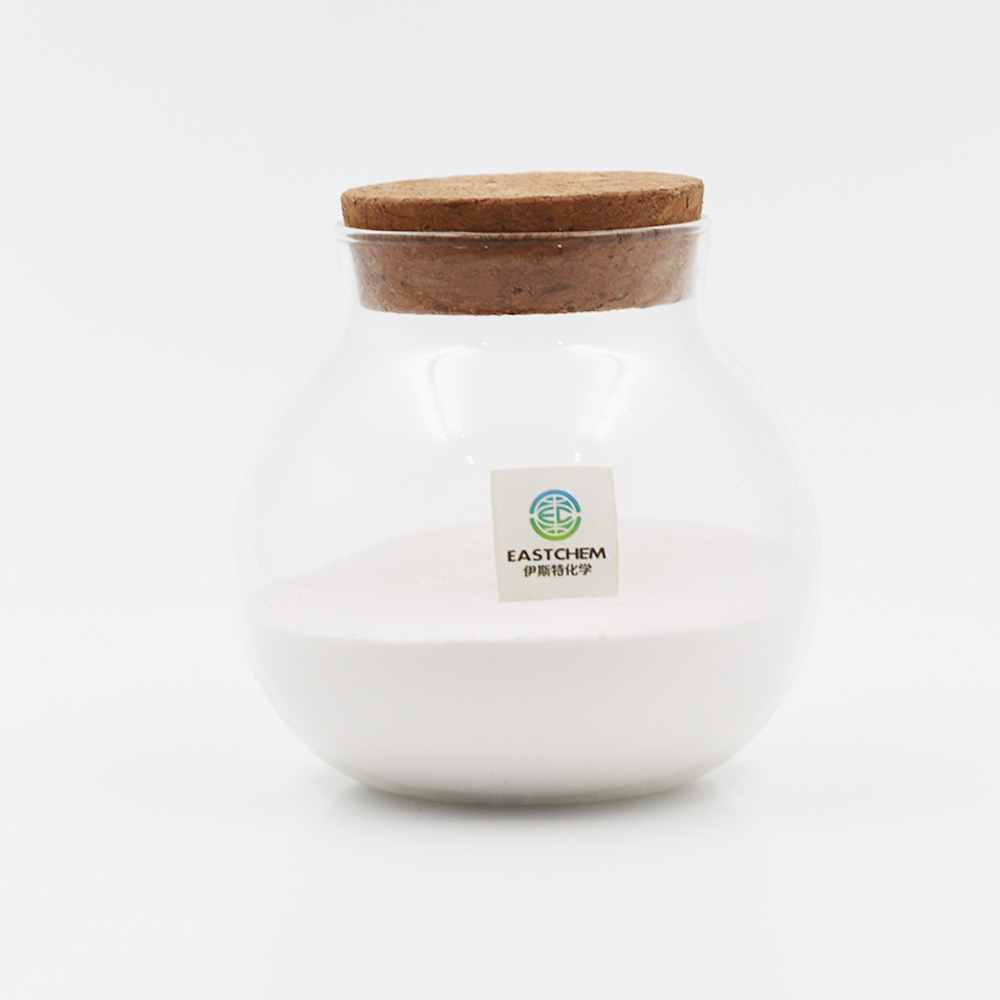
Lithium silicate revolutionizes the construction industry: Evolution of applications from traditional to modern
2024-06-17 09:57lithium silicate as a versatile inorganic compound, is gradually changing the future of the construction industry. With its excellent performance and environmentally friendly characteristics, lithium silicate is widely used in architectural coatings, concrete additives and thermal insulation materials. This article will explore the application of lithium silicate in the construction industry and look forward to its potential impact on the development of the industry.
Lithium silicate, with the chemical formula Li2SiO3, is a white crystal or powder with excellent adhesion and chemical stability. In the construction industry, lithium silicate has been widely studied and applied due to its unique physical and chemical properties. It not only improves the performance of building materials, but also promotes the innovative development of construction technology.
1. Application of lithium silicate in architectural coatings
Lithium silicate is mainly used as an adhesive and rheology regulator in architectural coatings. It can improve the adhesion and durability of the coating, while increasing the waterproof and anti-pollution ability of the coating. Lithium silicate-based coatings are easy to apply, dry quickly, and the resulting coating is smooth and hard. It has strong ability to resist adverse weather conditions and is suitable for various building surfaces.
2. The use of lithium silicate in concrete additives
As a concrete additive, lithium silicate can significantly improve the mechanical properties and durability of concrete. It reacts with cement to form additional calcium silicate hydrates, thereby enhancing the compressive and flexural strength of concrete. In addition, lithium silicate helps reduce the permeability of concrete and improves its resistance to chemical erosion and freeze-thaw cycles.
3. Exploration of lithium silicate in thermal insulation materials
Lithium silicate has been studied for use in building thermal insulation materials due to its low thermal conductivity. Thermal insulation materials with added lithium silicate not only have good thermal insulation properties, but also provide excellent fire protection. The application of such materials helps to reduce building energy consumption and achieve the goal of green buildings.
4. Lithium silicate promotes sustainable development in the construction industry
The application of lithium silicate helps promote the green revolution in the construction industry. It can improve the environmental performance of building materials, reduce maintenance costs, and extend the service life of buildings. The environmental protection characteristics and recyclability of lithium silicate make it an ideal choice to support the concept of sustainable development.
The application of lithium silicate in the construction industry shows its great potential in improving the performance of building materials and promoting environmental protection. With the continuous emergence of new technologies and the growth of market demand, the innovative application of lithium silicate will continue to bring more possibilities to the construction industry and promote the industry to develop in a more efficient, environmentally friendly and sustainable direction.
You are welcome to further explore other products on our website! Our company offers a diverse range of products and provides a full range of solutions to your needs. Whether you would like more product information or have any questions answered, we are happy to help.
Related Products | |
Polycarboxylate Superplasticizer | Polycarboxylate Superplasticizer Powder |
Polycarboxylate Superplasticizer Flakes | |
Polycarboxylate Superplasticizer Liquid | |
Polycarboxylic Superplasticizer Monomer | TPEG |
HPEG | |
Cellulose ether | Hydroxypropyl Methyl Cellulose |
Hydroxyethyl Methyl Cellulose | |
Lithium salt series products | Lithium silicate |
RDP Redispersible Polymer Powder | RDP Redispersible Polymer Powder |

